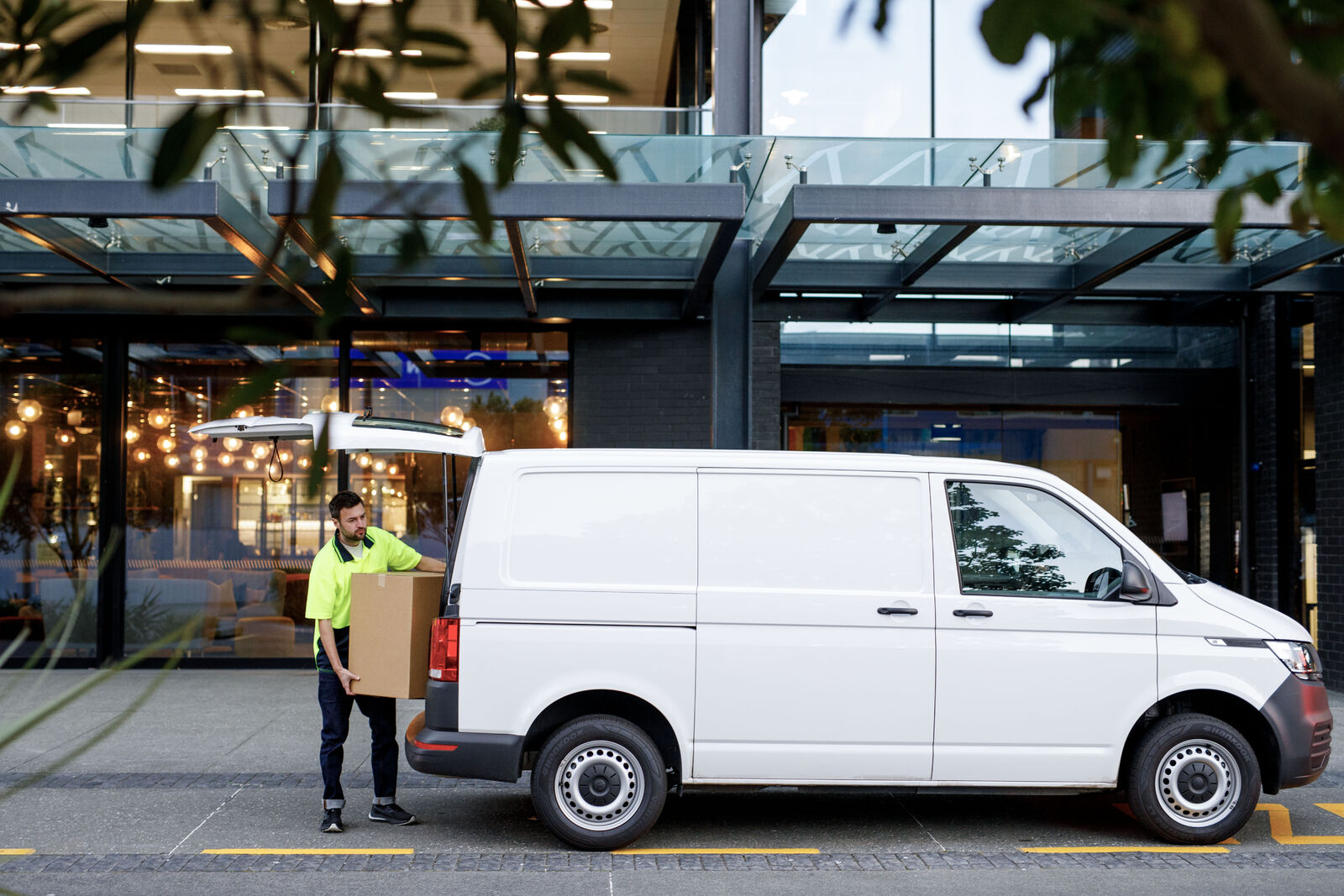
Should your business buy or lease vehicles?
By SG Fleet | 07 July 2025

When planning how to meet your business’s transport needs, one question often comes up: should you buy or lease your vehicles? It’s a decision that can significantly impact your cash flow, operational flexibility, and long-term costs.
At SG Fleet, we specialise in vehicle leasing and fleet management, so we naturally see the benefits of leasing. But we also understand that every business is different—and the right choice depends on your goals, resources, and operational needs.
Start with expert advice
Before making any decisions, it’s important to gather insights from trusted sources. Every business has its own financial structure, usage patterns, and strategic priorities. That’s why we recommend:
- Speaking with your accountant or finance team to understand the tax and cash flow implications
- Exploring funding options with banks, finance companies, and dealerships
- Connecting with other business owners to learn from their experiences
- Consulting fleet management professionals who can offer tailored advice
This research will help you make a well-informed decision that aligns with your business’s long-term strategy.
Think long-term
It’s easy to focus on upfront costs, but the real financial impact lies in the total cost of ownership (TCO). This includes fuel, maintenance, depreciation, and resale value. Leasing can help you avoid large capital outlays and access newer, more efficient vehicles.
Also consider the shift toward electric vehicles (EVs). Many EVs offer lower running costs and may qualify for government incentives. Leasing can make it easier to adopt this technology without the financial burden of ownership.
Why buy a vehicle?
Buying might be the right choice if your business:
- Values full ownership and long-term control over assets
- Covers high annual mileage and wants to avoid excess charges
- Requires extensive vehicle modifications
- Operates in tough conditions where wear and tear is high
- Prefers to keep vehicles for many years rather than rotate them regularly
Ownership can offer flexibility, but it also comes with responsibilities like maintenance, depreciation, and resale.
Why lease a vehicle?
Leasing is a smart option for many businesses, offering flexibility and financial efficiency. Key benefits include:
- Lower upfront costs and predictable monthly payments
- Reduced exposure to depreciation
- Easier budgeting with fixed costs
- Access to newer vehicles with lower maintenance needs
- The ability to upgrade vehicles regularly as technology evolves
Leasing also opens the door to professional fleet management. SG Fleet offers solutions that include servicing, tyre replacement, kilometre tracking, and Fringe Benefit Tax (FBT) management—helping you save time and reduce risk.
Even small businesses can benefit from fleet management. It’s not just about funding—it’s about smarter operations.
Tax considerations
Tax is another important factor. Whether you buy or lease, there are implications for GST, depreciation, and FBT if vehicles are used personally. Leasing can offer advantages, but it’s essential to work through these details with your accountant to ensure compliance and optimise your position.
Making the Right Choice
There’s no universal answer. Leasing suits many businesses thanks to its flexibility and cost control, but buying may be better for others depending on their needs. The key is to do your homework, understand your options, and make a decision that supports your business goals.
Still weighing your options? Contact SG Fleet for expert advice on leasing solutions and fleet management support.





